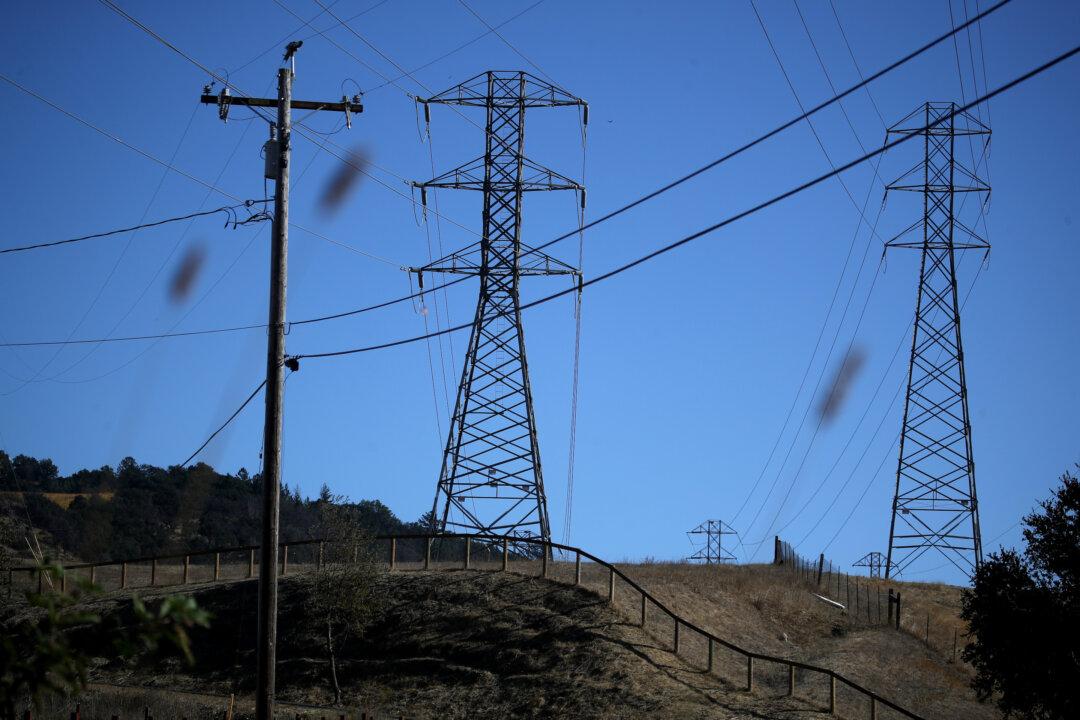Commentary
A review of the Orange County Power Authority (OCPA) identifies how the community is gamed and drained of millions of dollars in benefits, despite promises to save money for residents.

A review of the Orange County Power Authority (OCPA) identifies how the community is gamed and drained of millions of dollars in benefits, despite promises to save money for residents.